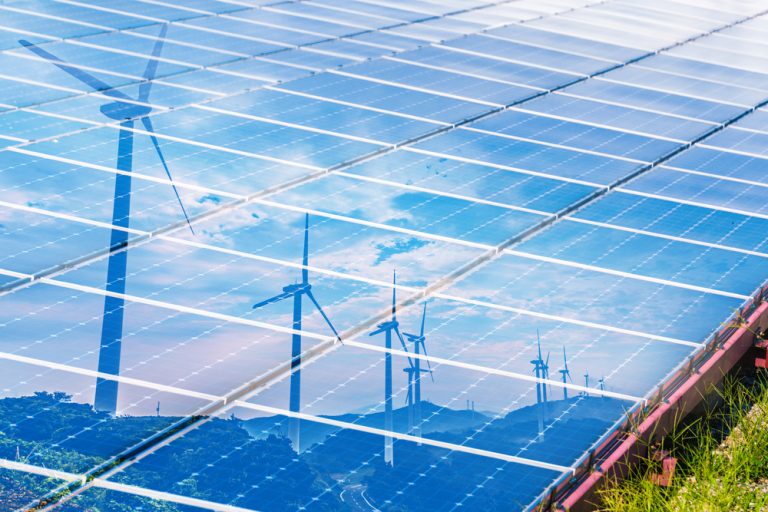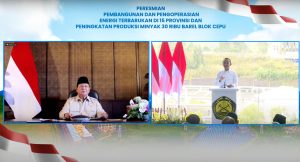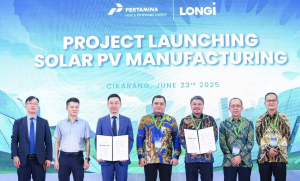Jakarta – The government has requested time until the end of the year to launch the Just Energy Transition Partnership (JETP) programme investment plan document to allow public consultation before finalising and launching the JETP Comprehensive Investment and Policy Plan (CIPP) document.
The JETP investment plan was originally to be announced on Wednesday, 16 August. Dadan Kusdiana, Secretary-General of the Ministry of Energy and Mineral Resources, said in an official statement that “the Secretariat is still adding new data to the technical analysis of the CIPP document, thus requiring additional time before it can be made official”.
The development of the CIPP was undertaken by four working groups: a Technical Working Group led by the International Energy Agency (IEA), a Financing Working Group led by the Asian Development Bank, a Policy Working Group led by the World Bank, and an Equitable Transition Working Group led by the United Nations Development Programme (UNDP). Working group members comprise international and national organisations, including development partners, think tanks and civil society organisations.
Furthermore, according to Dadan, the new deadline also allows the public to review the CIPP document and provide input and feedback to be considered in the final revision of the CIPP document.
“After the public process is finalised, the CIPP document can be officially launched jointly by the government and the International Partners Group (IPG) towards the end of this year,” he added.
Meanwhile, Rachmat Kaimuddin, Deputy for Coordination of Infrastructure and Transportation, Coordinating Ministry for Maritime Affairs and Investment, added that the Secretariat has officially submitted the CIPP draft to the Indonesian government and its partners for review and input.
The JETP, signed on the sidelines of the G20 2022 Summit, is an initiative that brings together governments, businesses, civil society, experts and financial institutions to collaborate on an investment plan for the energy transition. The USD 20 billion agreement is the largest climate finance in the world. It signifies the efforts of developed countries to support the acceleration of energy transition in developing countries to uphold global climate justice. (Hartatik)













